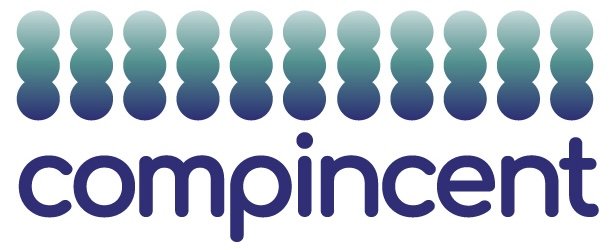Published 15th September 2025
Future compensation hits different: planning ahead for the next gen workforce with a balanced scorecard strategy
The landscape of work is shifting dramatically. A new generation of professionals is entering the workforce with a fresh perspective on what a fulfilling and rewarding career is about. They seek to be valued for their holistic contribution, their impact on culture, their commitment to personal growth, and their ability to foster collaboration – all alongside their tangible achievements. This evolving mindset points towards a powerful future for compensation: the widespread adoption of balanced scorecards for total pay.
The balanced scorecard experience
Total pay leapfrogs the traditional package of a salary and monetary bonus tied to financial targets. Imagine a world where your annual incentive payments don’t just reflect sales numbers, but also your demonstrable leadership in mentoring junior colleagues, your proactive initiatives in promoting sustainable practices or your exceptional ability to foster cross-departmental teamwork. This is the promise of the balanced scorecard in total pay. It’s a strategic framework that moves beyond purely financial metrics to encompass a broader spectrum of performance indicators. These often span four core areas of focus for modern businesses:
- financials
- customers
- internal business processes
- learning and growth
For the latest generation of employees and the upcoming workforce, this approach resonates deeply. They understand that a healthy company is built on more than just profit. They want to contribute to an organisation that values innovation, ethical conduct, employee well-being and a positive societal impact. Rewarding individuals solely on their direct contribution to the bottom line can constrain creativity and innovation that fuel growth, such as discouraging collaboration or investment in long-term, non-financial gains. A balanced scorecard acknowledges and incentivises a broad span of contributions that ultimately drive sustainable success.
Execution is everything for employers adopting scorecards
Adopting this strategy requires careful planning and meticulous execution. It’s vital to establish principles and practices for effective and fair assessment of soft metrics – non-numeric criteria that are harder to quantify than traditional numbers. How do you objectively measure ‘leadership in mentoring’ or ‘proactive initiatives in sustainability’? You’ll need a robust framework for qualitative assessment plus clear definitions of expected behaviours and outcomes. It demands a shift from simply tallying numbers to a more nuanced, observational and feedback-rich performance review process: you’ll need to support this with values-based communication and management training.
A hastily constructed balanced scorecard can lead to unintended consequences and unfair outcomes… but so can a poorly designed traditional sales compensation plan. The risk isn’t in the concept itself, but in the execution. Robust calibration sessions, peer feedback mechanisms and regular review of the scorecard’s efficacy are essential to maintain fairness and trust. This isn’t about replacing objective metrics entirely, but complementing them with a richer, more comprehensive view of individual and team contributions.
Looking forward to rewards for employers and workers
Total pay isn’t about discarding financial incentives, it’s about creating a compensation system that truly reflects the diverse value an individual employee brings to an organisation. By embracing balanced scorecards, companies can better attract and retain top talent and cultivate a more engaged, ethical and successful workforce, where everyone feels genuinely valued for everything they bring to the table. The shift may be challenging, but we believe the rewards for both employees and organisations are extremely compelling.
As SPM and Total Pay specialists, we’re very interested in building our knowledge about the reward and compensation needs and preferences of the current and future workforce. We’ve just launched a quick survey [https://compincent.com/project/gen-z-work-benefits-survey/] to try and find out more: we’re particularly keen to hear from Gen Z respondents who are looking ahead to future roles or have recently entered the workforce. There’s the chance to win a prize of £50 in high street vouchers too. We’re happy to hear from anyone of any age and career stage, but if you know a Gen Z person who might take part, please give them a nudge!
